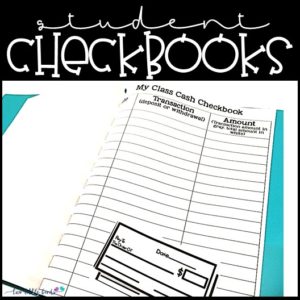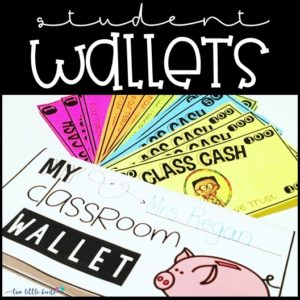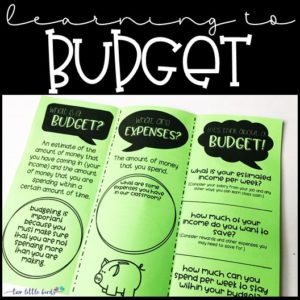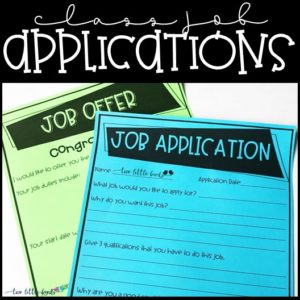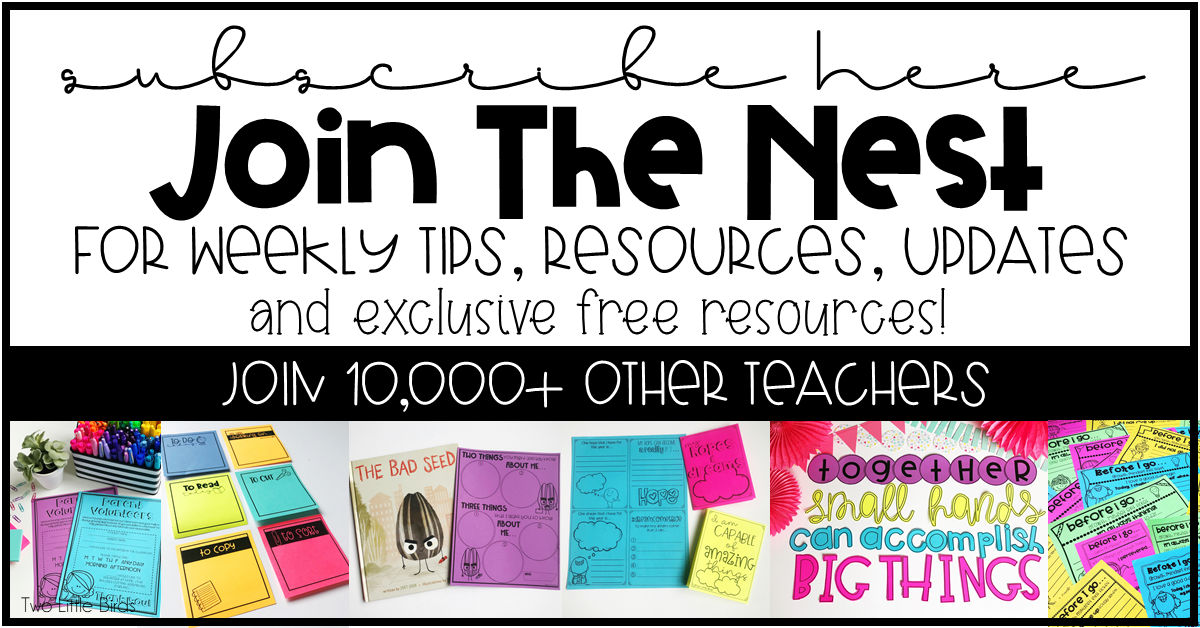I love using a class economy in my fourth grade classroom for so many reasons…real life application, math practice, and organization, just to name a few. But one of the major reasons that I love using a class economy is that once I get things going, it practically runs itself!
What is a Class Economy?
Getting Started
To get started, I copy our “Class Cash” and use a different colored paper for each increment. I just use colored paper (Astrobrights is my favorite!) and I do not laminate…the students keep their money in their folders, their checkbooks, and there is not a lot of exchanging of money, so it really does stay in good shape. It's a big time saver to skip the laminating.
I also create a checkbook for each student; I use a two pocket folder with prongs. I use a checkbook register and put a few pages in the prongs of each student's checkbook. I also keep extras copies ready to go if a student needs an extra page, and by using the pronged folders, it is very easy to add on when needed
The First Week
The first week of school always involves a lot of procedures and routines, and setting up a successful class economy is no exception. I introduce the students' checkbooks right away on the first day…it is always VERY exciting! Many times the “Class Cash's” reputation has traveled and students are excited to get their money on the first day. Students love the idea of having money and cannot wait to start earning!
In the first week of school, I reward the whole class for smooth transitions, hallway behavior, names on their papers…any behavior that I'm excited to see in the first few days of school! And by rewarding the whole class students can see the expectations that I have for those important procedures and that there is the opportunity to be rewarded. Since the whole class is earning the Class Cash, we work on depositing the Class Cash in our checkbooks together as a class.
Just as I reward whole class behavior, I also take the opportunity to practice withdrawing money as a whole class as well. I try to stick to withdrawing money as a class so that we can practice subtracting money but also so that students are learning together.
Making deposits and withdrawing money in the first week helps students learn how to use their checkbook, but also is a great way to show the procedures and routines in the classroom. I set the expectations high in the first week and it pays off for the rest of the year!
Throughout the first week we take a look at the different jobs, I model the jobs, and we decide on how much each job will be paid. Some jobs are more work than others and DO deserve more pay. Allowing students to take part in the salaries is important and also shows how just like in real life, jobs and salaries vary.
I also have students pick out a few fun rewards that would be worth saving money for and also use a brochure to help teach about budgeting. If students want to save to earn the special rewards, they must stick to a budget!
What Comes Next?
As students start to become more familiar with the procedures and routines of the classroom in the first weeks of school, they also begin to understand how to earn money and when money will be taken away; they also have an understanding of each of the classroom jobs, what a budget is, and how to save for special rewards.
At the beginning of the second week, I allow students to apply for jobs. The jobs in my class depend on how many students I have and vary from year to year depending on my class. I have had a job for each student each week, I have had students have a job every other week, and I have kept jobs for a whole month. You can decide how long students will have their jobs for and be flexible as well! One week may seem too short but a month too long; so see what works for you and your students!
One very important job is the coveted job of the “Banker.” The job of the banker is truly how the class economy runs itself. The banker is in charge of collecting and handing out the money. And trust me, students LOVE this job and are very honest when distributing and collecting the money. Once the banker's job begins, I do not have to copy, cut, laminate, pass out, clip, or count anything. I only need to decide the deposits and withdraws that occur (and that is the easy part)!
Market Day

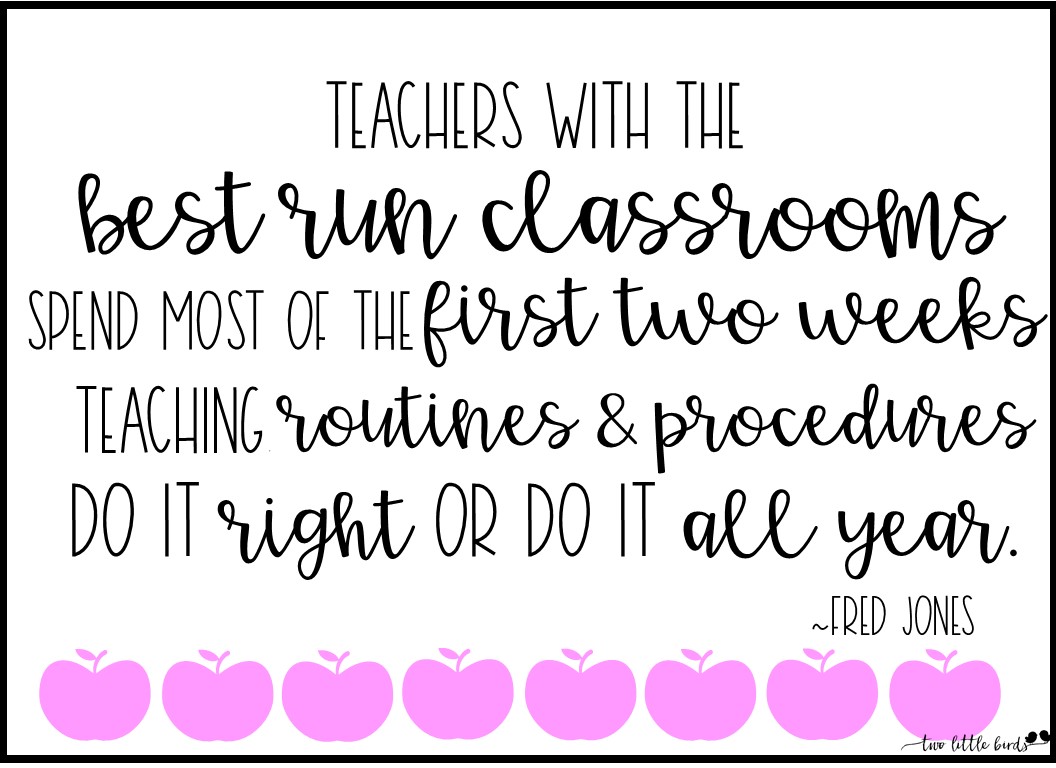
You can find all of the materials that I use for a class economy and market day here!
*Please note that this post does contain affiliate links and when you purchase through these links I do receive a small commission.*
Happy Teaching!

